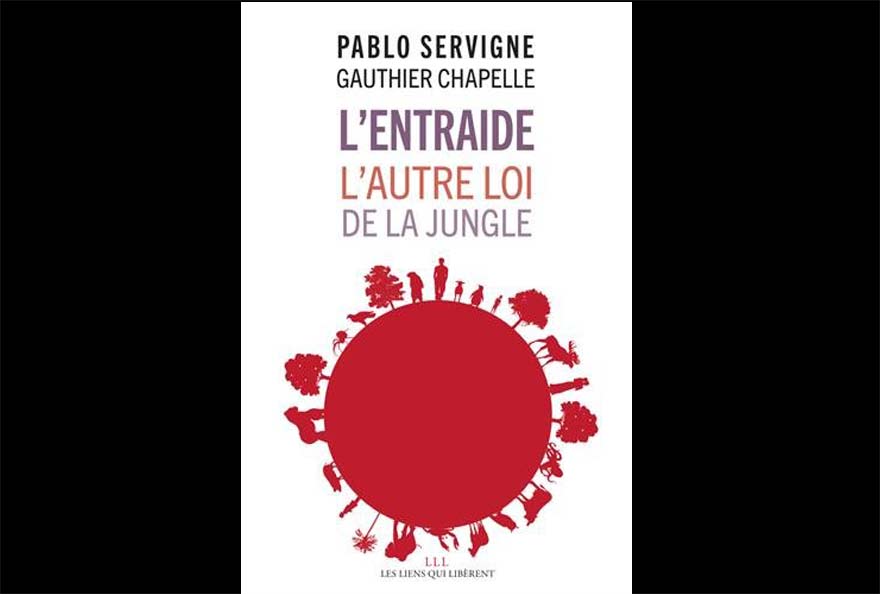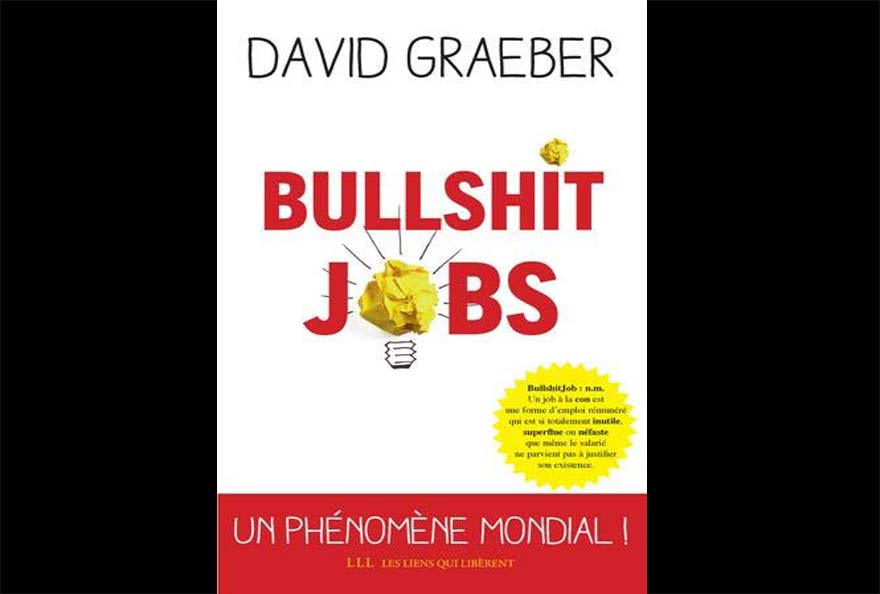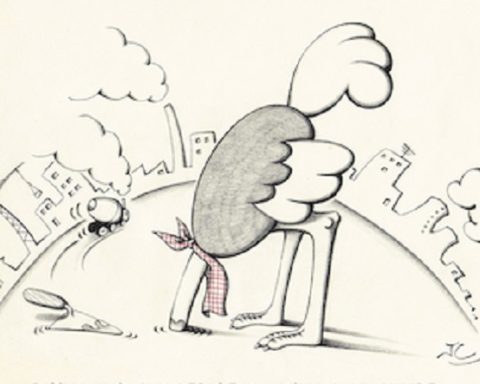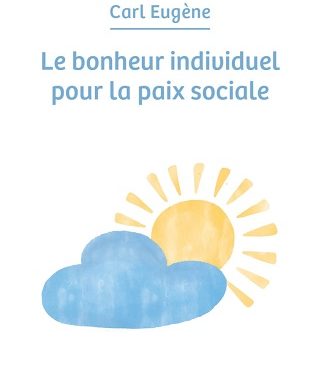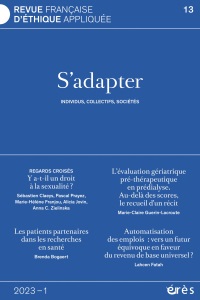Life extension: What challenges? What policies? Edited by Anne-Marie Guillemard and Elena Mascova - Foreword by Renaud Villard, Director of the CNAV
Edition La découverte, December 2017 - 414 Pages
Based on the crossroads of multidisciplinary approaches and in a perspective of international comparisons, this book aims to draw up a state of knowledge and reflections on the question of longevity. Not only does it identify the multiple challenges posed by the lengthening of life, but it also offers essential reading for understanding how our societies could seize this revolution in order to turn it into an opportunity for all.
The extension of human life is a phenomenon without precedent in the history of humanity. Progress in longevity has even very recently become a priority objective of European public policies, which recommend a two-year increase in healthy life expectancy by 2020.
An unprecedented phenomenon in the history of humanity, the extension of human life is revolutionizing the 21st century on every continent. Yet the scale of these changes and their many implications remain largely unknown.
The ambition of this book is to draw up a complete panorama by showing how this upsets the human and social condition, the temporal regime of our existences, as well as the ways of living together. In a society where four generations with significantly different experiences and aspirations now coexist, forms of solidarity need to be rethought. Similarly, how should we protect and care for people in societies with long life expectancies? What is the meaning and cost of extending life? How can longevity and quality of life be reconciled? All these questions have social, ethical, medical and economic implications.
Based on the crossroads of multidisciplinary approaches and in a perspective of international comparisons, this book aims to draw up a state of knowledge and reflections on the question of longevity. Not only does it identify the multiple challenges posed by the lengthening of life, but it also offers essential reading for understanding how our societies could seize this revolution in order to turn it into an opportunity for all.
"The extension of human life is a phenomenon without precedent in the history of humanity. This major demographic revolution has been largely accomplished in the last half-century. ... The fact that our lives can now legitimately last a century gives rise to reactions in social and even scientific debates that are often more passionate than objective and at the very least contradictory. Such is the case with the great fears aroused by those who point to the inevitable advent, with the progress of longevity, of a "world of the old" with its attendant consequences. […]
This book aims, far from passions and denials, to propose a state of knowledge and reflections on the question of longevity. One of the major questions that must be asked is whether or not the gains in life expectancy correspond to similar gains in health expectancy. »
"One of the major ambitions of this book is to try to think of the new scope of human life without reducing it to old age alone. »
On old age...
"In one of the most powerful passages of Death and Time, Emmanuel Levinas tells us that the approach of death sounds the death knell for the mastery, autonomy, arrogance, virility of subjects as sovereign beings; that it brings them back to a strange passivity, a strange heteronomy, a strange femininity he even says. […]
Montaigne was quite happy with it! Let us remember what he used to say about aging, rejoicing that "the good Lord gave thanks to the old men because he took life from them by the menu: it is the only benefit of old age, the last death will be all the more less full and harmful, since it will only kill half or a quarter of a man. […]
Montaigne's wisdom whispers to us that aging is a welcome propaedeutic to death, in that it makes the passage from life to death less abrupt. Closer to us when he defines old age as "a death in small pieces", Albert Cohen (1) seems to look at it with a sad smile rather than with terror, the use of the adjective "small" mitigating the drama, the sympathy obviously going faster to retailers than to wholesalers, to small traders than to large distributors. »
"With this wisdom of Montaigne and even more of A. Cohen, it seems that our ideal of autonomy, which has become an injunction of autonomy, obliges us to break with it. The realization of this ideal of autonomy, we ask for it from the technique, and more precisely from the medical technique. The big question is undoubtedly to know, as Mr Castra says again, what is the place, what is the role of these techniques and the use we must make of them in order to live as long as possible and age as well as possible. »
(1) Albert Cohen, " Le livre de ma mère " ; Edition Gallimard 1995 - p.67
New technologies
The new technologies sector is developing, creating products that change the lives of the elderly as much as the rest of the population: alarms, chips, GPS, adapted telephones, protection with high absorption rates, internet, cameras, robotics which have made enormous progress on the technical level and increase autonomy for all populations [...] Industrial investment is commensurate with the lengthening of life. And all the social valorization mainly concerns the development of the "silver é" economy. «
Anne-Marie Guillemard is Professor Emeritus of Sociology, University Paris-Descartes Sorbonne, member of the EA "Ethics, Politics and Health", Europaea team, member of the Centre d'Etudes des Mouvements Sociaux (CEMS) of the Marcel Mauss Institute (IMM) at the Ecole des Hautes Etudes en Sciences Sociales (EHESS). Honorary member of the Instiotut Universitaire de France (IUF), member of the Academia Europaea as an expert at the Conseil d'Orientation des Retraites (COR) and at the Conseil de l'âge.
Elena Mascova has a doctorate in sociology from lUniversity Paris-Descartes Sorbonne, member of the EA "Ethics, Politics and Health", Philépol team. Researcher-practitioner, she combines teaching activities and interventions with organizations on issues of employment, work and occupational health.


